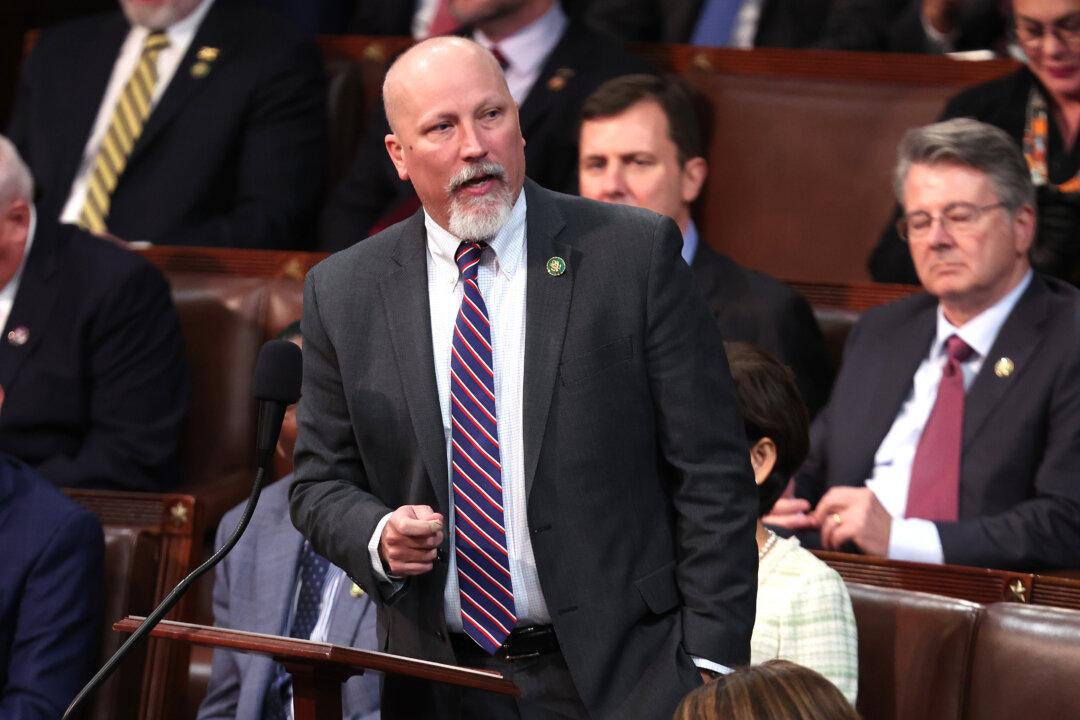One of the nation’s largest nonprofits lobbying for immigration reform is calling on House Speaker Kevin McCarthy (R-Calif.) to bring Republican-sponsored border security bills onto the chamber floor so they can be adopted and implemented as soon as possible.
NumbersUSA Vice President Chris Chmielenski said the first measure that should be put before lawmakers is The Border Safety & Security Act of 2023 filed by Rep. Chip Roy (R-Texas) on Jan. 9.





